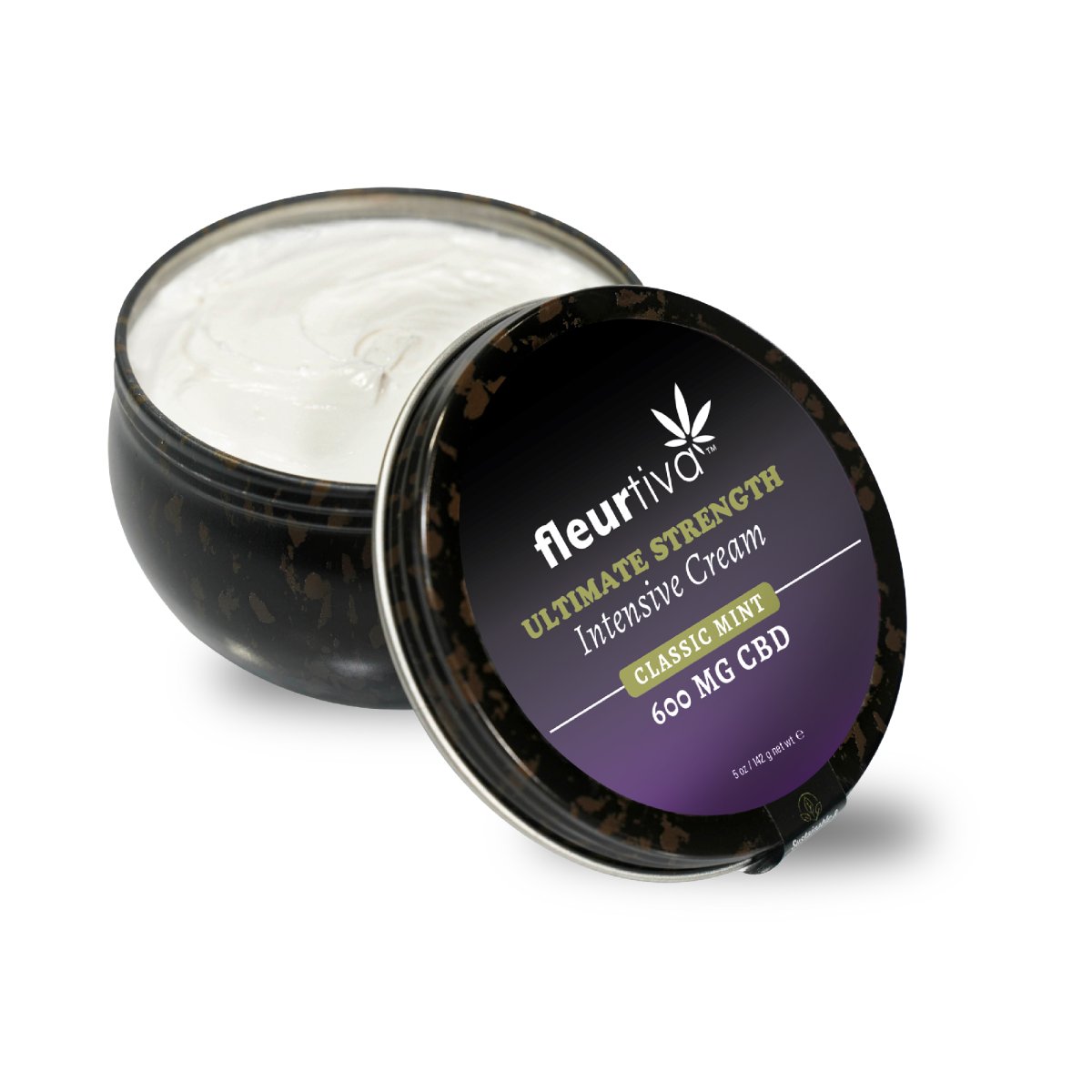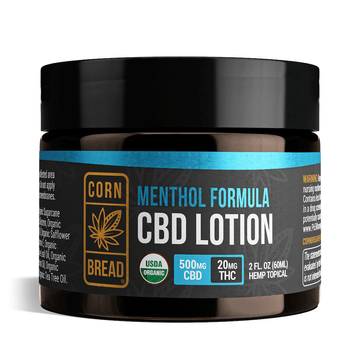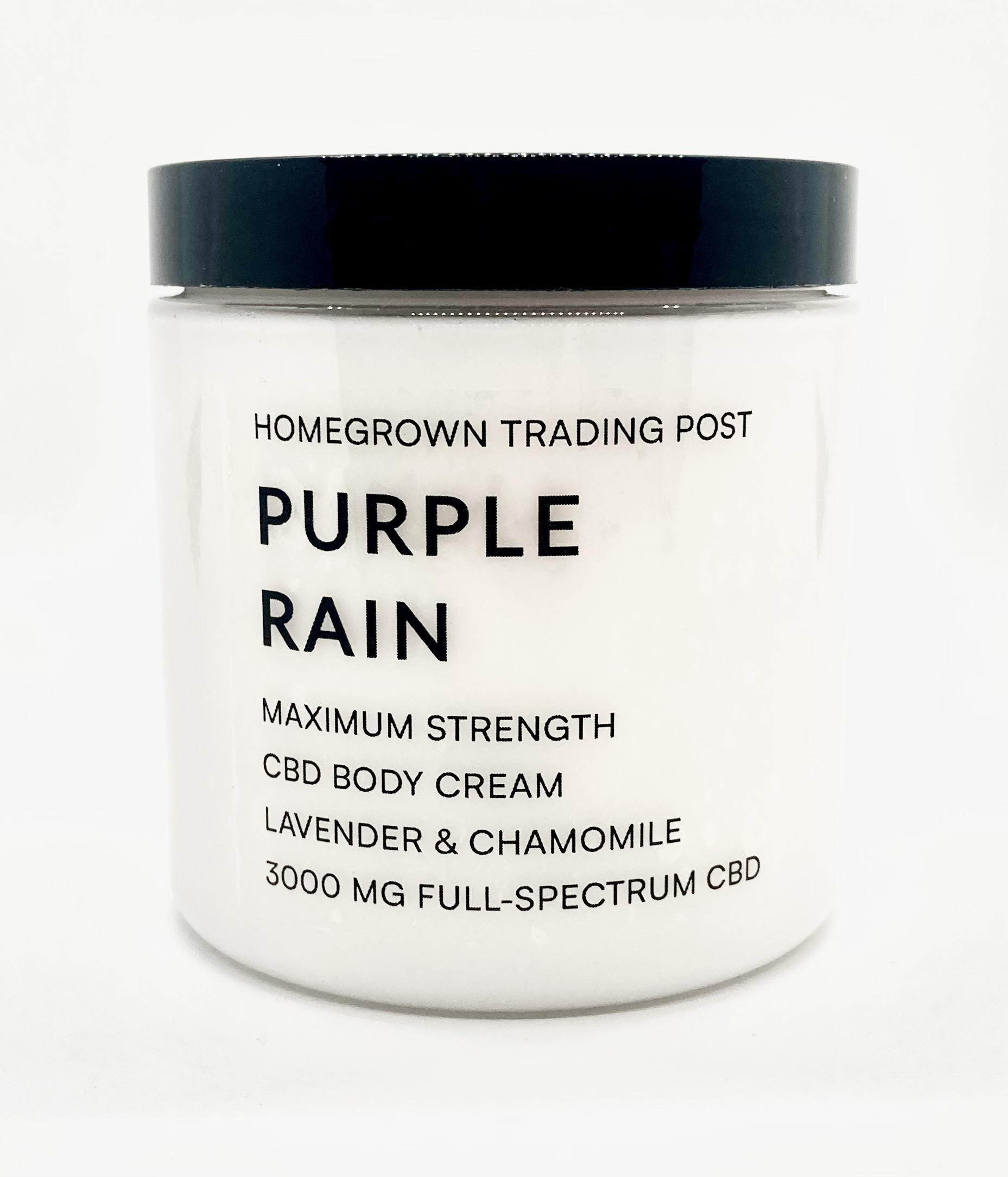Serenity CBD Arnica: Harness the Power of Nature's Remedies for Total Health
Serenity CBD Arnica: Harness the Power of Nature's Remedies for Total Health
Blog Article
Check Out the Scientific Research Behind CBD Discomfort Lotion and Its Restorative Effects
As the demand for natural pain alleviation options proceeds to climb, the clinical neighborhood has transformed its focus to the restorative results of CBD pain lotion. From its anti-inflammatory homes to the facility neurological results that modulate pain understanding, CBD's prospective as a discomfort administration service is a topic of continuous study and clinical interest.
Endocannabinoid System and CBD Discomfort Alleviation
What function does the endocannabinoid system play in CBD pain alleviation? The endocannabinoid system (ECS) is an intricate network of receptors, enzymes, and endocannabinoids that play a critical duty in managing numerous physical processes, including pain sensation. When CBD is applied topically or consumed, it communicates with the ECS to modulate discomfort perception and swelling. CBD exerts its effects by targeting cannabinoid receptors, specifically CB1 and CB2 receptors, which are bountiful in the main nerve system and immune cells, specifically. By binding to these receptors, CBD can hinder the transmission of discomfort signals and lower swelling, resulting in pain alleviation.

Mechanisms of CBD for Discomfort Monitoring
Exploring the intricate systems where CBD operates suffering management exposes its potential as a beneficial restorative tool in alleviating different forms of discomfort. CBD connects with the endocannabinoid system, making up cannabinoid receptors (CB1 and CB2) dispersed throughout the body. When CBD is administered, it modulates these receptors, affecting natural chemical launch and wetting pain signals. Furthermore, CBD's anti-inflammatory buildings play an important duty in pain administration by lowering swelling at the website of pain.

Anti-Inflammatory Characteristics of CBD
In elucidating the efficiency of CBD in discomfort monitoring, a remarkable element hinges on its potent anti-inflammatory residential or commercial properties. CBD, read this article or cannabidiol, has actually amassed interest for its capability to modulate inflammatory responses within the body. Swelling is a complicated biological response that plays a crucial duty in the body's body immune system, however when it becomes persistent, it can add to different health concerns, consisting of pain. CBD interacts with the endocannabinoid system, especially targeting CB2 receptors discovered in the immune cells. By triggering these receptors, CBD can aid manage immune responses and lower inflammation.
Researches have actually shown that CBD can hinder inflammatory conciliators and cytokines, therefore dampening the inflammatory cascade. This anti-inflammatory result is particularly appealing for problems characterized by persistent swelling, such as joint inflammation, inflammatory bowel condition, and neuropathic pain. By easing swelling, CBD not only attends to the symptoms but likewise targets the underlying reason for discomfort, making it an important restorative representative for taking care of a variety of inflammatory conditions.
Neurological Results of CBD on Discomfort
CBD exerts profound neurological impacts on pain understanding via its communication with specific receptors in the central nerves. The endocannabinoid system, which comprises cannabinoid receptors (CB1 More about the author and CB2) and endocannabinoids generated by the body, plays an essential function in regulating pain signals. CBD communicates with these receptors, mostly CB1 discovered in the mind and CB2 situated in the immune cells, to apply its analgesic results. By influencing the activity of these receptors, CBD can aid manage discomfort level of sensitivity and swelling, supplying prospective restorative benefits for individuals suffering from different types of pain conditions.
Studies have shown that CBD's activity on the endocannabinoid system can cause the inhibition of pain signaling pathways, reducing the assumption of pain. Additionally, CBD has actually been located to have neuroprotective homes, which can help alleviate neuropathic discomfort by safeguarding informative post neurons from damage. The ability of CBD to regulate pain at a neurological degree makes it an appealing option for managing persistent pain problems where traditional therapies might fall brief.
Medical Researches Supporting CBD Discomfort Relief

Final Thought
To conclude, the scientific research behind CBD pain cream reveals its possible therapeutic impacts via the modulation of the endocannabinoid system. CBD's systems for pain management include its anti-inflammatory properties and neurological results on discomfort perception. Clinical research studies support using CBD for discomfort alleviation. More research is required to totally recognize the level of CBD's advantages in handling various kinds of pain.
As the demand for all-natural pain alleviation options proceeds to increase, the clinical community has actually turned its focus to the therapeutic results of CBD pain lotion. From its anti-inflammatory residential or commercial properties to the facility neurological impacts that regulate pain understanding, CBD's potential as a pain monitoring service is a topic of recurring study and clinical rate of interest.Building upon the understanding of CBD's neurological results on pain assumption, professional researches have supplied beneficial insights into the efficiency of CBD in offering discomfort alleviation. A research published in the European Journal of Pain showed that applying CBD topically decreased pain and swelling in rats with joint inflammation without any kind of noticeable side impacts. CBD's systems for discomfort monitoring include its anti-inflammatory buildings and neurological effects on discomfort perception.
Report this page